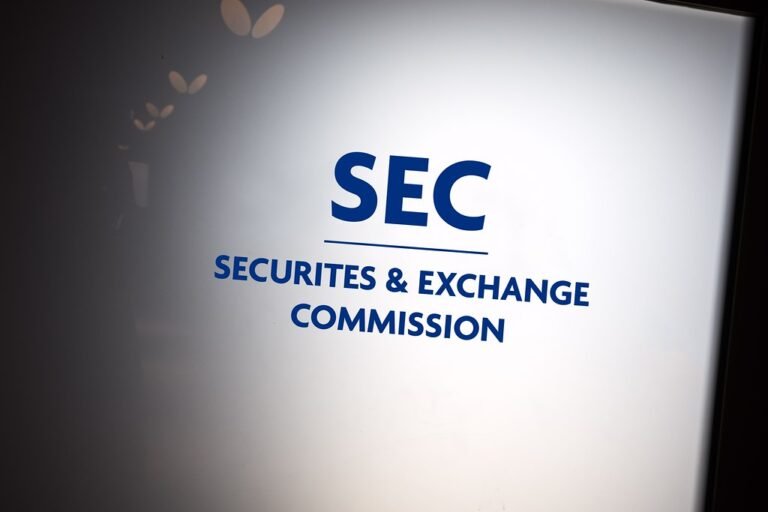
The Federal Trade Commission (FTC) is taking legal action against a Georgia-based debt collection agency accused of using deceptive tactics to scam consumers out of more than $7.6 million. The company, Global Circulation, Inc. (GCI), and its owner, Kenneth Redon, III, allegedly harassed consumers with false claims of unpaid debts, threatened them with jail time, and even contacted family members to apply pressure.
On October 29, 2024, a federal court issued a temporary restraining order against GCI, halting its operations and placing its assets under the control of a court-appointed receiver. The move comes in response to a complaint filed by the FTC, which alleges that GCI’s actions violated consumer protection laws and caused significant harm to thousands of individuals.
“This action sends a strong message: debt collectors who resort to harassing tactics and illegal threats will face serious consequences,” said Samuel Levine, Director of the FTC’s Bureau of Consumer Protection. “Consumers should never be bullied into paying fake debts, and debt collectors must follow the law.”
According to the FTC’s complaint, GCI and Redon operated under a variety of fictitious company names, including Total Mediation Solutions, Total Consumer Solutions, and Consumer Impact Recovery. The company allegedly contacted consumers by phone, often multiple times a day, and threatened them with arrest, wage garnishment, or lawsuits if they failed to pay purported debts. Some consumers reported receiving multiple calls a day, with messages warning of urgent legal matters, but the calls were part of a scheme to collect fraudulent payments.
In many cases, the debts GCI was attempting to collect were either nonexistent or ones that the company was not legally authorized to pursue. In addition to contacting individuals directly, GCI also harassed consumers’ family members, telling them that their loved ones owed money and warning of imminent legal action if they didn’t pay. These calls continued even after GCI had already reached the person they were targeting.
To further deceive consumers, GCI employees falsely identified themselves as representatives from mediation companies, not debt collectors, and never disclosed that the calls were for debt collection purposes — a violation of the Fair Debt Collection Practices Act (FDCPA). GCI also reportedly used private information, including Social Security numbers and bank account details, to make the scam appear more legitimate, leading many consumers to believe that they owed the money.
In some instances, consumers were told that paying immediately via credit or debit card would prevent criminal charges or arrest. This tactic played on the fear and confusion of individuals who believed they were facing dire legal consequences if they didn’t comply.
In addition to the filed complain, the FTC’s findings reveal GCI’s tactics were anything but ordinary. The company’s collectors routinely contacted consumers multiple times per week, sometimes making calls several times a day. When consumers didn’t pick up, GCI left urgent voicemails warning of an impending legal matter, without ever disclosing that they were debt collectors. The messages, which sounded like official legal threats, were designed to create a sense of panic and urgency.
But the truth was far from what GCI portrayed. The debts they were attempting to collect either didn’t exist, or GCI had no legal right to pursue them. Yet, by using fear tactics like claiming legal action was imminent, GCI was able to convince many consumers to pay up to avoid alleged penalties.
In some cases, GCI sent threatening emails, claiming that legal action was about to be filed unless the consumer called the number listed in the message. The emails, like the voicemails, never revealed that they were from a debt collector. The email’s deceptive nature only added to the urgency, further pressuring consumers to act quickly, often under the belief that their failure to pay would lead to severe consequences like wage garnishment or asset seizure.
But the deception didn’t end with individual consumers. GCI also reached out to consumers’ family members, making similar threats about legal action and implying that the consumer needed to pay immediately to avoid further consequences. In some cases, GCI even continued calling relatives after they had already been in contact with the consumer directly, adding unnecessary stress and confusion to families.
What made these tactics even more dangerous was GCI’s use of sensitive personal information. The debt collectors often knew intimate details about the consumers they were targeting, including Social Security numbers, credit card information, and even names and contact information for family members. This personal data, which they falsely claimed came from “payday loans” or other debts, convinced consumers that the calls were legitimate, increasing the likelihood that they would pay to avoid the alleged legal action.
According to the FTC’s complaint, GCI’s collectors went as far as to threaten consumers with arrest, claiming that warrants were out for their arrest or that they could face charges like bank fraud or passing bad checks if they didn’t pay immediately. These were all empty threats. In reality, GCI had no authority to make such threats or have consumers arrested for non-payment of private debts.
The company’s fraudulent actions have had a profound impact on consumers. Many people who were contacted discovered, after further investigation, that the debts in question either didn’t exist or had already been paid. But by then, GCI had already collected millions of dollars in payments through these deceptive practices.
The court’s temporary order freezes GCI’s assets and puts the company’s operations under the control of a receiver, preventing further fraudulent activity while the case proceeds. The FTC has vowed to continue pursuing justice for the victims of this scheme.
The case highlights the ongoing issue of illegal debt collection practices, which the FTC is actively working to combat. If you or someone you know has been contacted by a debt collector and feels threatened or confused, the FTC encourages consumers to report it to local authorities and to file a complaint with the agency.



